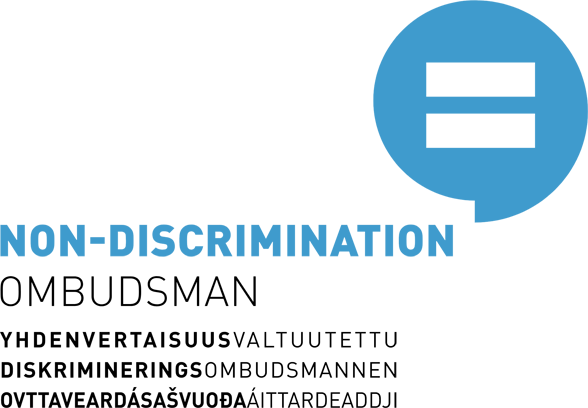Trafficking in human beings
Human trafficking is a serious offence in which the offender uses different methods to subject the victim to exploitation, and in many cases, this is done to achieve financial gain. Usually, the victims are deprived of their freedom of choice and exploited sexually or otherwise, or they are forced to work in conditions that do not meet legal requirements.
Human trafficking may be international and cross-border in nature, or it may take place entirely within Finnish borders. Human trafficking may also take place within a family or in other close human relationships. Human trafficking is rarely a single act of exploitation, and it often involves a long process of subordination and exercise of power.
The offender may exploit the vulnerable position of the victim, such as poverty, homelessness, serious illness or substance abuse. The victim may be dependent on the offender or offenders because of such factors as for example family relationship, job or debts. By exploiting these and other factors, the offenders are gradually able to bring the victims under their control and as a result, the victims are deprived of their freedom of choice and their ability to break away from the relationship. Despite being outwardly free and acting in the same way as any other member of society, the individual in question may nevertheless be a victim of human trafficking for example involving sexual exploitation or forced labour.
The exploitation may not necessarily be noticed by others, and human trafficking is one category of hidden crime. The invisible nature and many forms of human trafficking make it difficult to identify. For example, a cleaner in the local grocery or a waitress in a restaurant may in reality be a victim of work-related human trafficking. The fact that for restaurant customers, it is almost impossible to know the situation of the waitress serving them reflects the hidden nature of the phenomenon.
In Finland, human trafficking has been criminalised under Chapter 25, sections 3 and 3 a of the Criminal Code. Definition of human trafficking is based on international agreements, such as the protocols supplementing the Palermo Convention of the United Nations. The right of the victims of human trafficking to receive assistance is also based on international agreements.
There are several types of human trafficking, including for example
• sexual exploitation
• labour exploitation
• forced marriage
• child trafficking and forced adoption
• forced begging and forced criminal activity
• trade in human organs and tissues
For more information about human trafficking, visit the website www.ihmiskauppa.fi, which is maintained by Finland’s national assistance system for victims of human trafficking.
Related content
Women of Nigerian origin in Finland who have been subjected to trafficking for sexual exploatation: Practice in applying the aliens act
Under the Act on the Non-Discrimination Ombudsman (laki yhdenvertaisuusvaltuutetusta 1326/2014), the Non-Discrimination Ombudsman acts as the national Rapporteur on Trafficking in Human Beings. As an independent and unaffiliated authority, the Rapporteur’s
role is to monitor and promote action against trafficking in human beings. In this role, the Ombudsman follows developments in trafficking, monitors compliance with Finland’s international human rights obligations concerning trafficking and the effectiveness of national
legislation, carries out investigations and initiates action.
Through this memorandum, the National Rapporteur on Trafficking in Human Beings has sought to examine how victims of human trafficking for sexual exploitation who have Nigerian origins have been treated in the
asylum and residence permit process. The purpose of the investigation has been to establish how the Aliens Act (301/2004), and the grounds for residence permits provided therein, have been applied in the cases involving victims of human trafficking. Specifically, the Rapporteur has sought to illustrate the case of applicants who have applied for international protection and a Finnish residence permit after the authorities have identified them as victims of human trafficking, or accepted as a fact the victim’s report of having being subjected to trafficking.
15.09.2016



